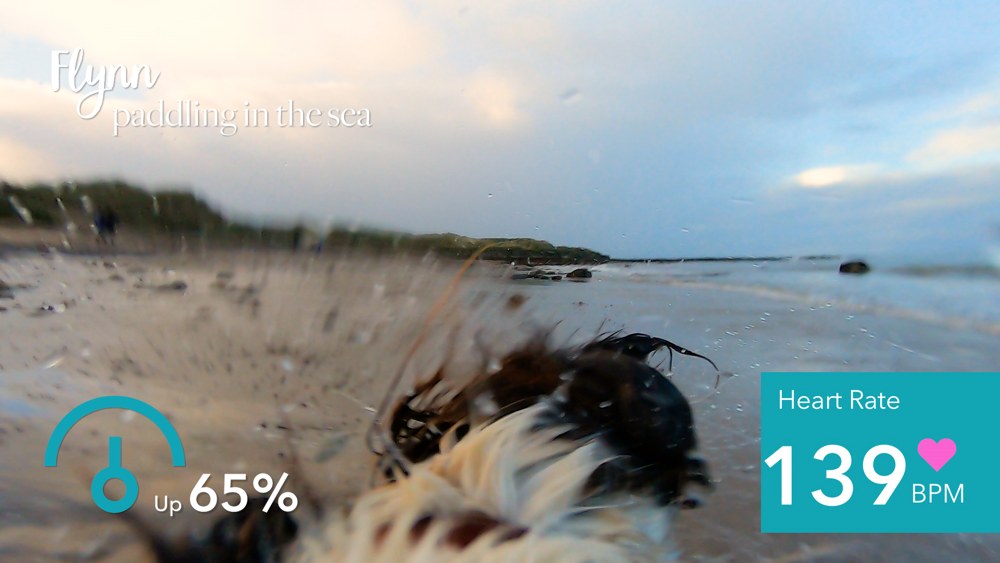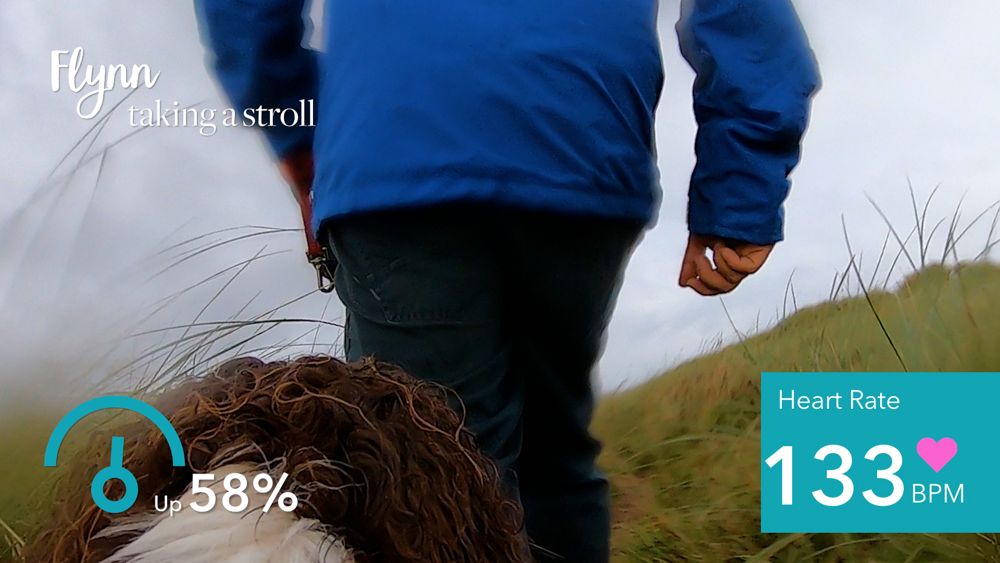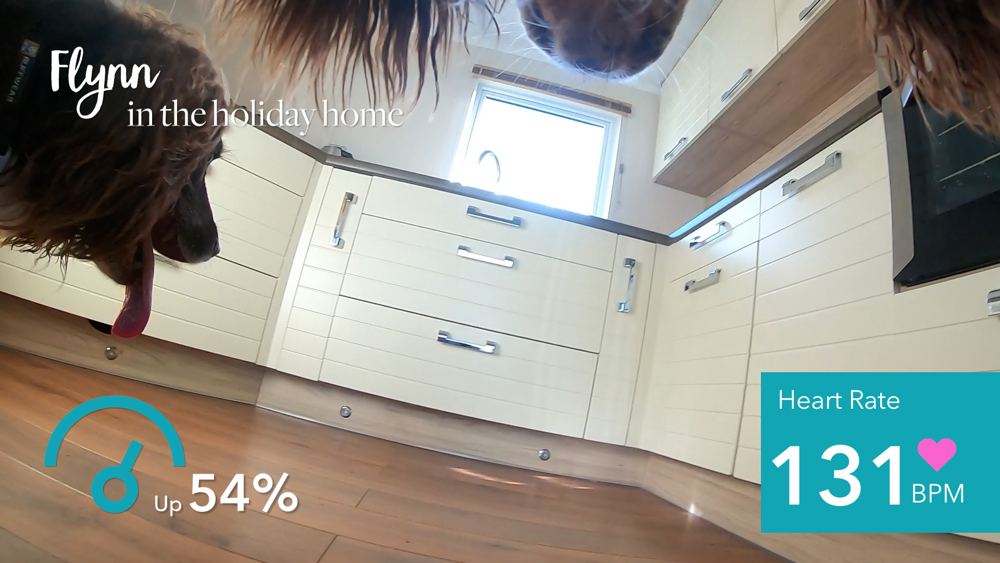A study has shown a dog’s heart rate increases by 51% on average whilst on holiday, with experts advising staycations could be the answer to behavioural problems and anxiety in our beloved pooches. So, do dogs love holidays? Yes they do!
With recent research from the Dog’s Trust showing that lockdown has increased stress and anxiety in dogs by a huge 41%, experts are recommending that taking your four-legged friend on a UK break could be just what they need.
To find out just what makes dogs love holidays so much, pet-friendly holiday park operator, Park Leisure, conducted a study using heart rate monitoring technology, and partnered with Nick Benger, a leading dog behaviourist starring on the Amazon Prime show The Pack.
Nick says, “For dogs, getting away and appreciating new scents and experiences can reduce stress and strengthen their relationship with their owners. It’s also extremely important that puppies (especially lockdown puppies) are exposed to different situations, people and dogs – holidaying with your pet is a great way to do that. As for older dogs, a change in environment is a great chance to improve their training in a neutral space without the baggage of past learning at home.”
After establishing an average resting heart rate for the dogs using a pulse monitor, the researchers then tracked their heart rates during a visit to Park Leisure holiday home park, to reveal exactly how a break in an idyllic beauty spot affected them.
As the dog’s heart rate rose, their excitement levels also increased. The dogs took part in various activities to reveal what they love the most while on their holidays:
1. Being on the beach – increased heart rate by 74% on average
By far the biggest draw for the pooches, a trip to the beach certainly got their tails wagging, raising the dogs’ pulses by a huge 74%. Combining the excitement of a wide-open space, the unpredictable waves, and an unfamiliar landscape, the beach offers a multitude of stimuli for canines.
Nick commented: “The beach is such a fantastic place to walk your dog. They can run in the open space of the beach and enjoy the different texture of the sand or the sea which gets some dogs so excited. The beach brings with it a whole new array of smells that dogs love to spend time exploring. I’ve never met a dog that didn’t love the beach!”
 2. Paddling in the sea – increased heart rate by 62%
2. Paddling in the sea – increased heart rate by 62%
Having a splash in the sea was a close second when it came to getting the pooches excited. Getting wet and padding in the water increased heart rates by 62% suggesting once again a completely new experience will arouse a dog’s interest.
3. A country walk – increased heart rate by 58%
Getting out in the fresh air also proved to be a favourite of the dogs. While it’s well known that going for a walk is always a popular activity for pups, a new walk in the countryside raised heart rates more than a regular walk at home (45%), suggesting that being out in nature is beneficial to our furry friends.
 4. Playing fetch in a field – increased heart rate by 57%
4. Playing fetch in a field – increased heart rate by 57%
Playing fetch with the dogs served to raise their heart rates by 57% on average. Exercise is essential to a dog’s well-being and playing fetch, or any similar running game, is an ideal way for a pooch to blow off some steam and have fun.
5. Arriving at a holiday home – increased heart rate by 39%
The anticipation of arriving at a new destination had a huge effect on the dogs, as exiting the car and entering the holiday home saw an average increase of 39%. A chance for a pooch to explore a new location and get to grips with their new space is very exciting for them.
 6. Relaxing by the fire – increased heart rate by 11%
6. Relaxing by the fire – increased heart rate by 11%
A much more relaxing activity, sitting by the fire increased the resting heart rate by 11%. While a very calming activity, being cosy by the fire with their owner creates a sense of pleasure and contentment in dogs.
Nick’s top tips on how to tell if your dog is enjoying its holiday are:
- Older, more relaxed dogs may seem more contented and spend more time sleeping by the fire like a person might visit a spa to destress.
- Young and excitable dogs can become bouncier and fuller of energy and excitement at the prospect of different walks and adventures.
- No matter what your dog’s energy levels are, loose relaxed muscles and a wagging tail are good indicators that your dog is enjoying their holiday.
Lisa Williams, director of marketing and holiday sales at Park Leisure, says, “So many of our holiday homeowners and visitors have told us how much their furry friends love staying at our parks, so it’s really interesting to see the data to back it up. We’re looking forward to welcoming them all back as soon as it’s safe to do so.
“All our locations are pet-friendly, and we have all sorts of features for them – from dog-dedicated areas in our restaurants and dog washing stations, to gorgeous countryside and seaside walking trails that your pooch is sure to love.
“Pets aren’t so different from us really, and most of the benefits we get from taking a staycation are just as helpful for our pups, whether the fresh country air, the chance to switch off and relax, or just the change of scenery.”
For more information on the research and video diaries of the dogs who took part, read the study here.






